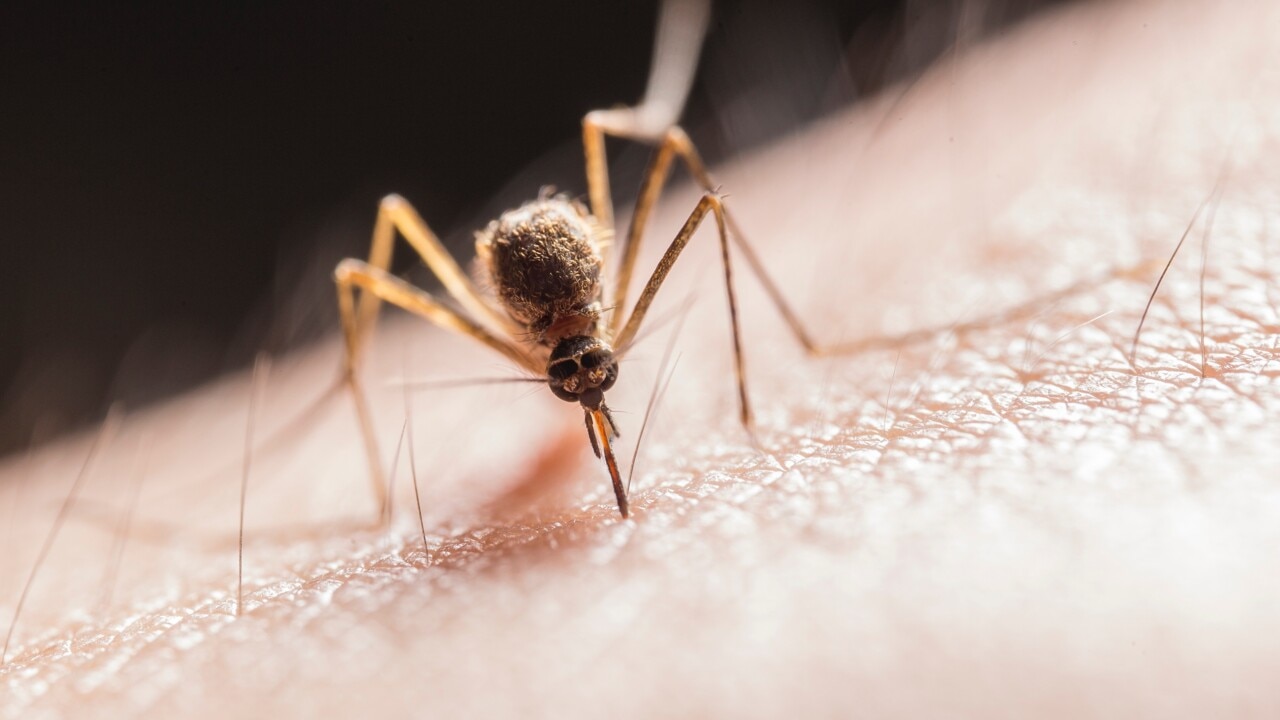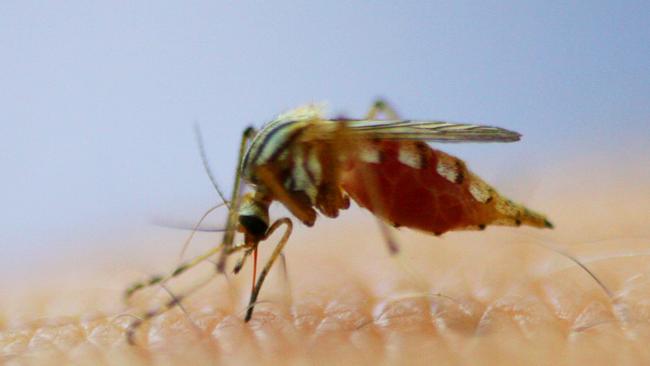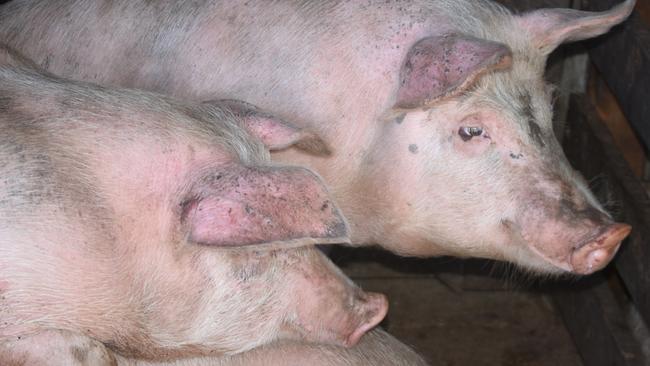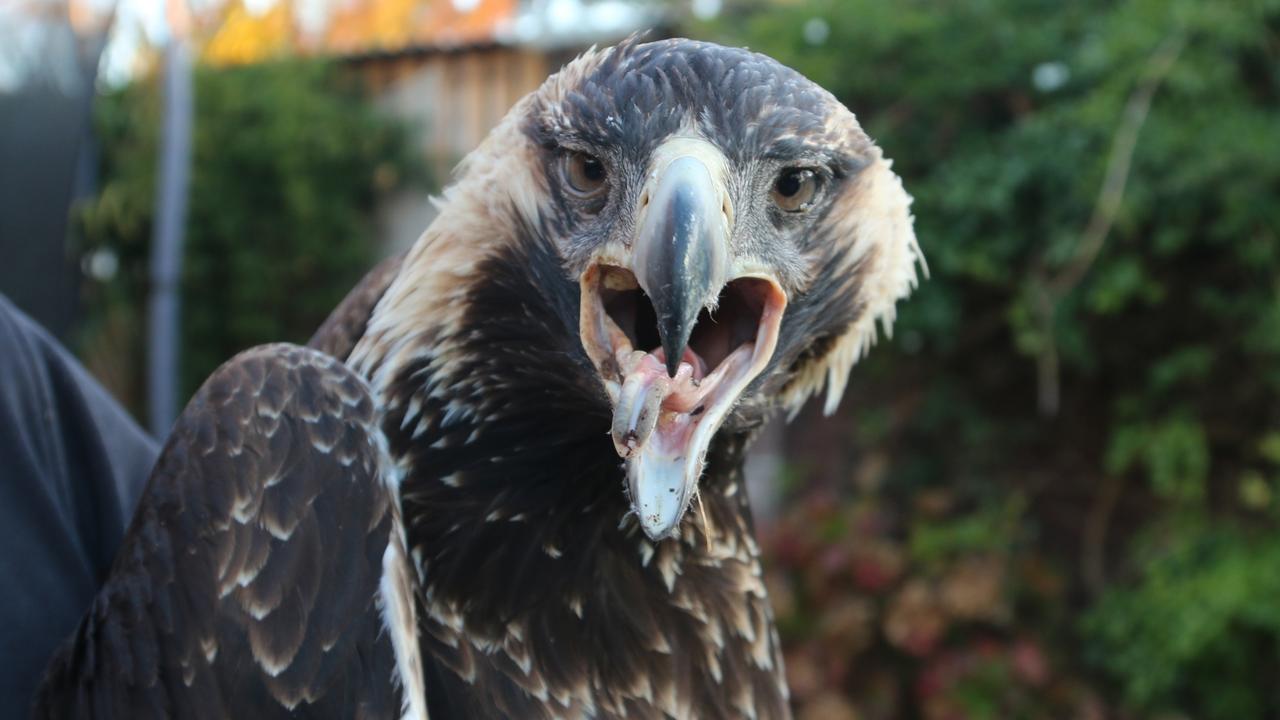Mosquito-borne virus poses low threat to Tasmania
As Japanese encephalitis spreads through the mainland, the state Department of Natural Resources and Environment has weighed in on the risk of the disease to Tasmanians.

Tasmania
Don't miss out on the headlines from Tasmania. Followed categories will be added to My News.
As Japanese encephalitis spreads through the mainland, the Department of Natural Resources and Environment Tasmania (DNRET) has said the mosquito-borne disease poses some threat to the Apple Isle.
But the Department has said risk of the JE virus entering the state is mild.
“Currently, the risk to Tasmania from JE is low, as the available evidence suggests that the specific species of mosquito required to transmit the disease is not present in the state,” DNRET said.

“However, the disease may enter Tasmania in infected pigs and horses imported from the mainland.”
The disease has been spreading to humans from the animals in Queensland, NSW, Victoria and SA, with one man in his 60s recently dying from it in northern Victoria.
A child was taken into intensive care this week after contracting the infection on the NSW-Victoria border.

Public Health director Dr Mark Veitch said human and animal health officials across the country were monitoring the situation.
“The virus is spread by the Culex species of mosquito, and there is no evidence of human-to-human transmission,” Dr Veitch said.
“Less than one per cent of people infected with JE virus experience symptoms, which typically include fever, joint pain, and rash.
“Occasionally, JE virus can cause encephalitis, a severe brain infection with headache, convulsions and reduced consciousness.”
Dr Veitch agreed the risk of Tasmanians contracting the virus was “extremely low”, but said mosquito-transmitted Ross River virus and Barmah Forest virus did exist in Tasmania.

He said Tasmanians interstate, especially near the Murray River, should protect themselves from insect bites by limiting outdoor activity where mosquitoes are, wearing long and loose clothes and covered shoes, spraying all exposed skin with insect repellent, and installing plug-in repellent indoors.
Covering windows and doors with insect screens, using mosquito coils and removing containers of water from outside the home could also mitigate the threat.
The disease poses the highest risk to children below five and the elderly.
DNRET has said pork products are still safe to eat.
“Biosecurity Tasmania is communicating with pig producers, equine industry stakeholders, private veterinarians and the community to ensure there is general awareness regarding the current mainland outbreak.”





